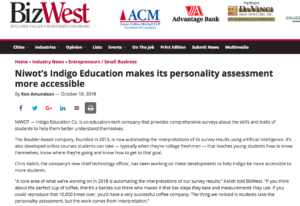Tag: Indigo Education Company
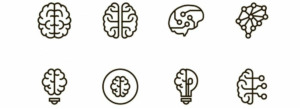
Indigo Believes That, To Personalize Learning, You Need To Start With a Learner’s Personality
From eLearning Inside
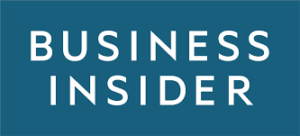
Indigo Education Company Brings Personalized Learning to U.S. Classrooms
From Business Insider
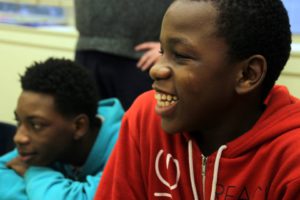
The Average Student Myth
In his book, The End of Average: How We Succeed in a World That Values Sameness, Harvard scientist Dr. Todd Rose examines the idea that there is no average person and that by ignoring individual differences – and what makes us each distinctive – we overlook potential and talent. The End of Average not only shows that there is no average person but also demonstrates the importance of nurturing traits that define each of us
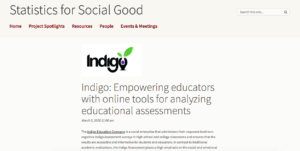
Indigo: Empowering educators with online tools for analyzing education assessments
From Stanford University Stats for Social Good
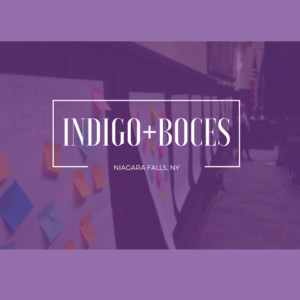
Indigo Hits BOCES in Niagara Falls
This past week, Indigo worked within throwing distance of Niagara Falls (the 8th wonder of the world). The Indigo Team hosted 10 districts in…

High School Sun Devils Discover who they are Through Indigo
It may be January, but it’s still warm under the Arizona sun. We went out to meet high school students at ASU Preparatory Academy to unpack the Indigo with the Sun Devils. But we added a new twist…

Two Roads Assistant Principal Writes Academic Paper on Indigo
John Waters is an Assistant Principal at Two Roads Charter school. He’s a four-time “Who’s Who Among America’s Teachers” and knows where all the good places to eat are in Westminster (trust me, we went to Dae Gee last time).

Indigo Points High School Seniors to College Fits
Indigo Points High School Seniors to College Fits February 26th 2015, Written by Marie Campbell “Have any of you ever been told you should be something?” Heather
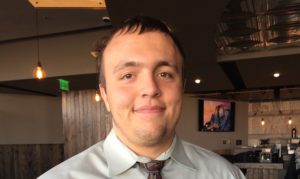
Future Business Leaders Prepped for Success
Future Business Leaders Prepped for Success January 27th 2015, Written by Jahla Seppanen “What do you want to be when you grow up?” Hundreds of
Categories
- Activities (22)
- DISC (13)
- Featured (6)
- Higher Education (4)
- Indigo Assessment Info (8)
- Indigo Data (7)
- Indigo News (27)
- Indigo Schools (10)
- Indigo Stories (7)
- Motivators (11)
- Partners (1)
- Podcasts (7)
- Press Releases (7)
- Resources (6)
- Skills (24)
- Speaking Engagements (5)
- Thoughts on Education (21)
- Webinars (2)
Tags
aesthetic AI asking awards college fits Communication compliance continuous learning creativity DISC dominance Education empathy Empowering Educators FBLA future of education goals Indigo Indigo Assessment Indigo Data Indigo Education Company individualistic influencing leadership LearnLaunch Listening mentoring Motivators Partners Peak to Peak High School Personalized Learning persuasion planning Podcasts Professional Development self-awareness social soft skills Speaking Engagement steadiness team Teamwork theoretical TTI utilitarian

